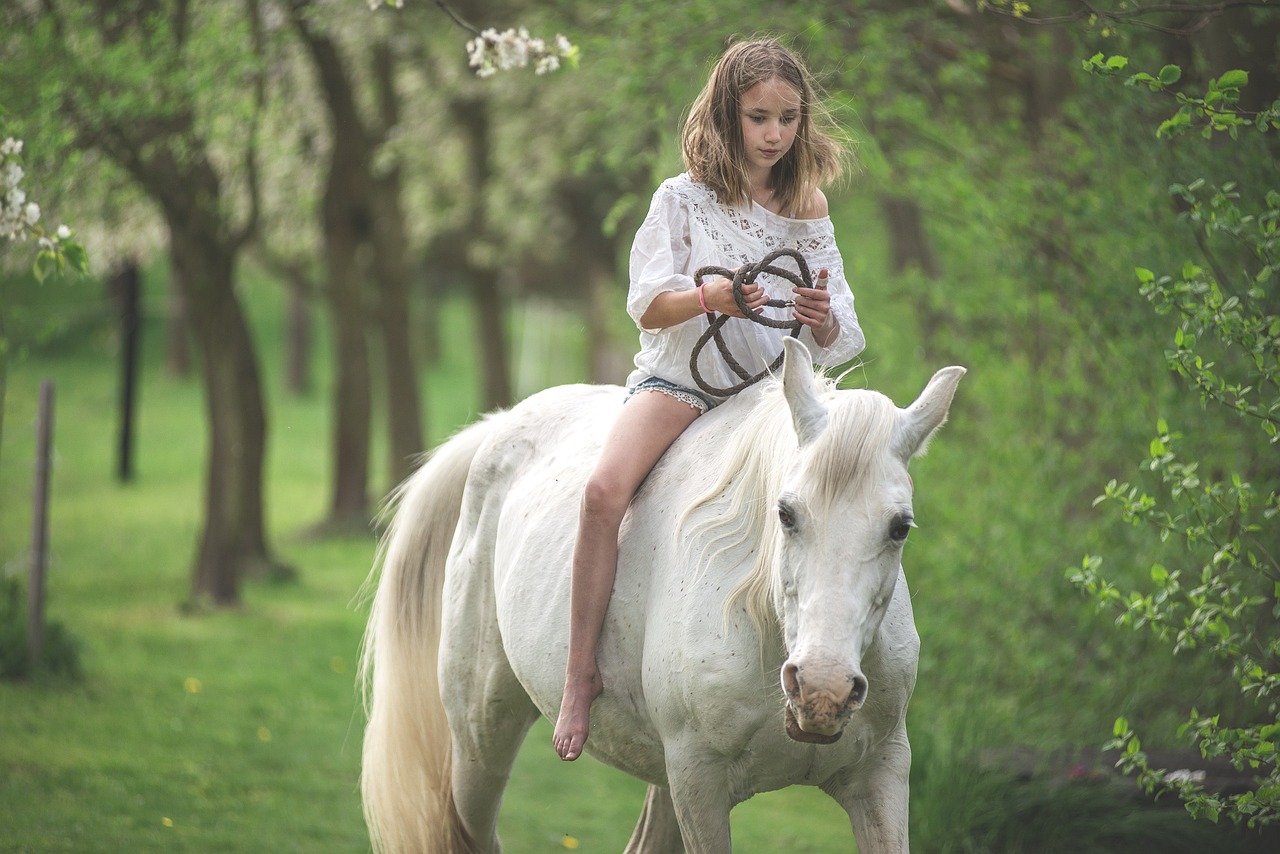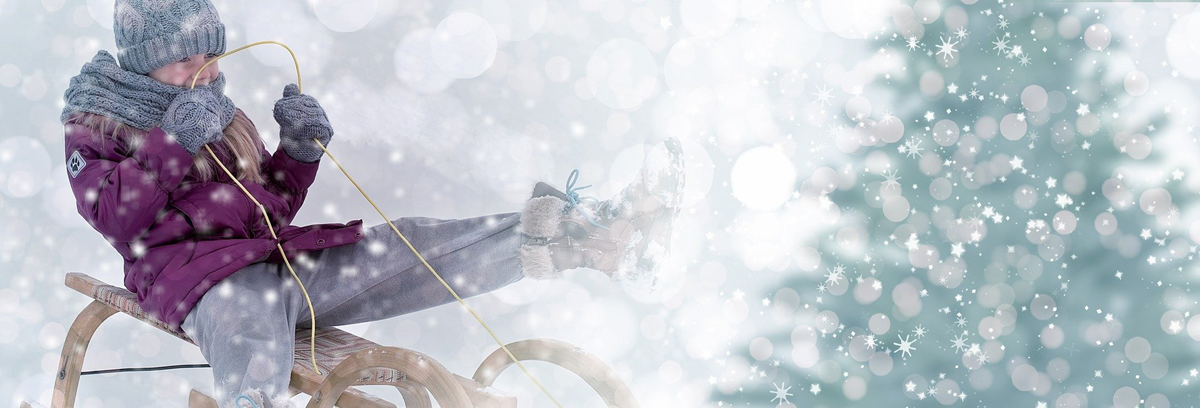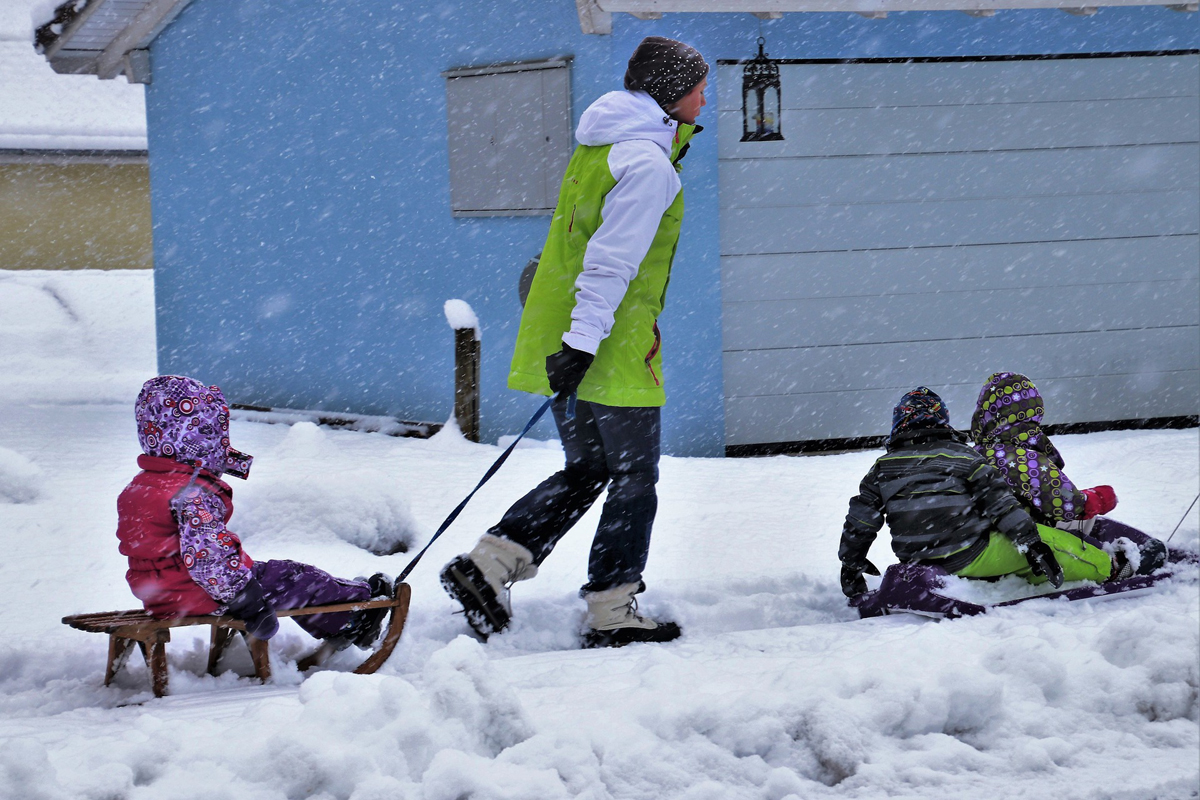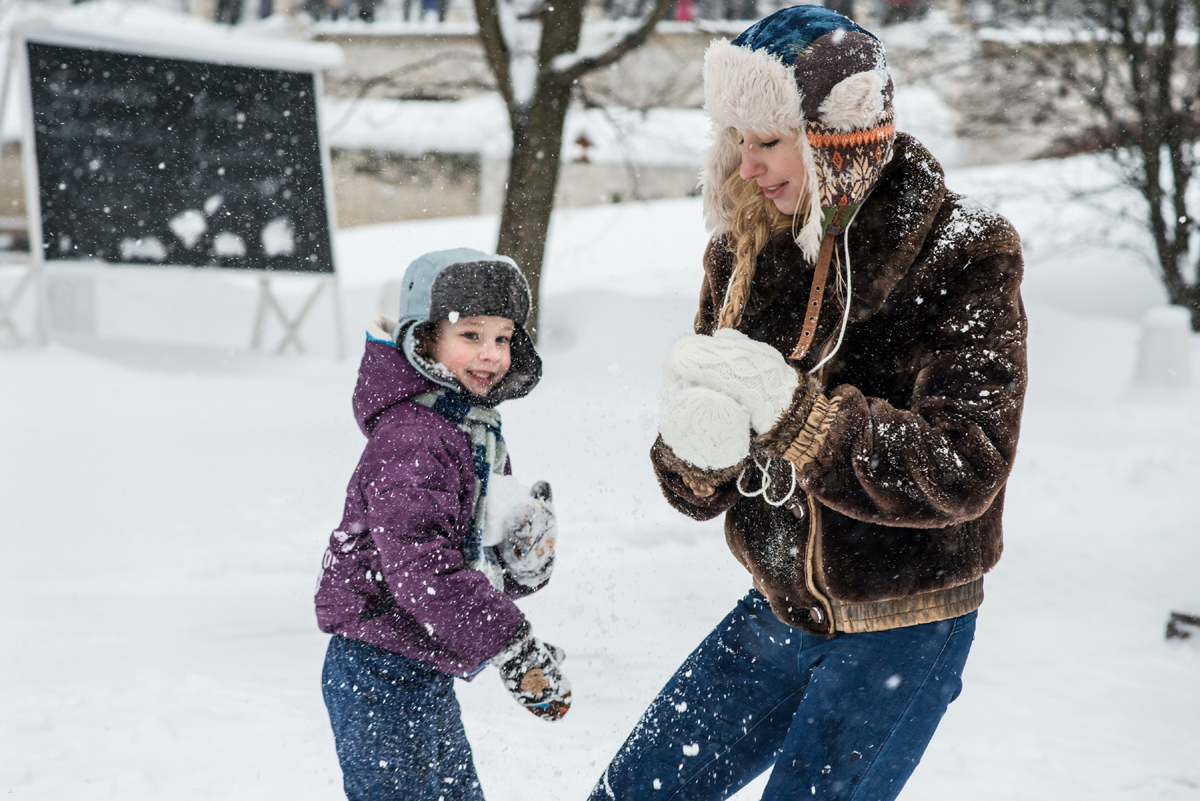10 Ways Horses Build Character in Children

1. Learn Responsibility
Horses will teach your child responsibility very quickly. Make sure that your child does all the work involved in caring for the horse. Everything from feeding, cleaning stalls, grooming, saddling and riding. Children will want to ride but they may not always be eager to do the work. However children almost always fall in love with the horses that they handle and they will want to take as good care of them. Once they know that the horse depends on them and that in order to ride they have to take good care of the horses, they will learn to be more responsible in other aspects of there life.
2. Learn Trust
Horses must be able to trust their handlers. One of the first things that your child will learn about handling and riding horses is to be trustworthy and dependable, because if the horse doesn’t trust its handler it will not obey him/her. This can be a very valuable life long lesson for your child.
3. Learn to be Open Minded
Every horse is different and will have to be handled differently. A good horseman never stops learning, even experts and trainers will admit that they learn something new everyday from their horses. Horses will make your child realize that learning is an on going process that never ends. This can transcend into other aspects, such as school and relationships.
Read more: A Brief History of The Horse
4. Build Confidence
Horses are large and intimidating, so naturally it takes a lot of confidence to be able to control one. Letting a your child handle a gentle horse will do wonders for their confidence. Most people are naturally a little bit timid, especialy a child of horses because they are so big. By handling a gentle horse children will overcome their fear and learn that they can safely handle and control the same animal that they were once had great fear of. The better your child learns how to handle the horse, the more confident he/she will become. When children do well with the horses that they handle, their confidence goes up and their self esteem improves. They now realize that this huge creature they were once afraid of is a beautiful and loving animal.
5. Learn Patience
Horses are like children themselves, and training a horse is much like teaching a child. When your child has become a confident and skilled rider, letting them help train a horse will be an excellent experience for them. Horses require a lot of patience because training a young horse involves a lot of repetition and time. This is a lesson that will follow them in all aspects of life.
6. Self Discipline
Horses take a lot of time and work, so your child will have to be dedicated to learning how to ride and handle horses effectively. I have found that dedication is rarely something that children lacks when it comes to horses. People, especially young people, have a natural attraction to horses and enjoy spending time with them. However, because horses are a lot of work your child will soon learn self discipline. For example, instead of sleeping in in the morning, they will be up and out feeding and cleaning. Horses must be fed twice daily and have access to fresh water at all times. Their stalls must be cleaned regularly and they must receive regular exercise. This will take a lot of time, but most people find that it is worth it for the time they get to spend riding, or just being with horses.
7. Teaches Sensitivity
Horses can be very sensitive creatures. They have keen senses, and can sense if someone is afraid, angry, happy, etc. They communicate with body language and are very sensitive to their handler’s body position. Because horses are so sensitive, the handler must be also. The handler must be able to tell how the horse is feeling and why it is behaving the way it is. The handler must learn to interpret the horses body language and to communicate effectively with the horse using its own language. When a horse misbehaves, the handler must decide whether or not the horse is doing so out of fear, stubbornness, anger, pain etc. and must respond appropriately.
8. How to Learn From Our Mistakes
When your child first starts learning to ride and handle horses they will make a lot of mistakes and will learn quickly not to make the same mistake twice. That is what horsemanship is all about. When a rider makes a mistake he/she cannot deny it. They must acknowledge the mistake and correct it. The rider must move on after correcting the mistake and not dwell on it. Handling and riding horses will teach your child to use their past mistakes to improve their future horsemanship skills and this will transcend into other aspects of your child’s life.
9. Learn Respect
Children will learn to respect their horses and themselves. Horses are large, dangerous creatures and they demand respect, yet in order to be handled safely they must also respect their handlers. By learning how to handle a horse, children will become more respectful of there horse and its nature. By being trustworthy, confident and responsible your child will earn the respect of there horse.
10. To Have Fun
Last but certainly no least, your child should have fun and enjoy being apart of the horse life style. You don’t want to put too much demand on your child, you need to let them have fun with there horse as well as know when its time to be serious.
I hope the information provided here will help you realize how important it is for you to find a creative yet fulfilling way for you to teach your child all aspects of owning and caring for a horse.
The Author:
Joules Clothing
Photo. KHphotography









horses are very strong so when you do something bad or something to hurt them, they will win every time. so the point is to be patient and stay calm.
It’s true that horses are powerful animals, and interacting with them can indeed teach valuable lessons in patience and calmness. When working with horses, it’s important to approach them with a gentle and steady demeanor, as they are very responsive to the behavior of their handlers. This interaction can help children and adults alike to develop a sense of respect and understanding for the horse’s strength and personality, fostering a harmonious relationship based on mutual trust.